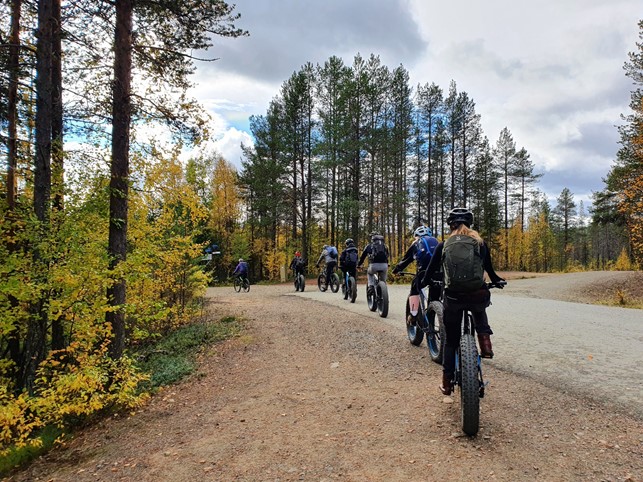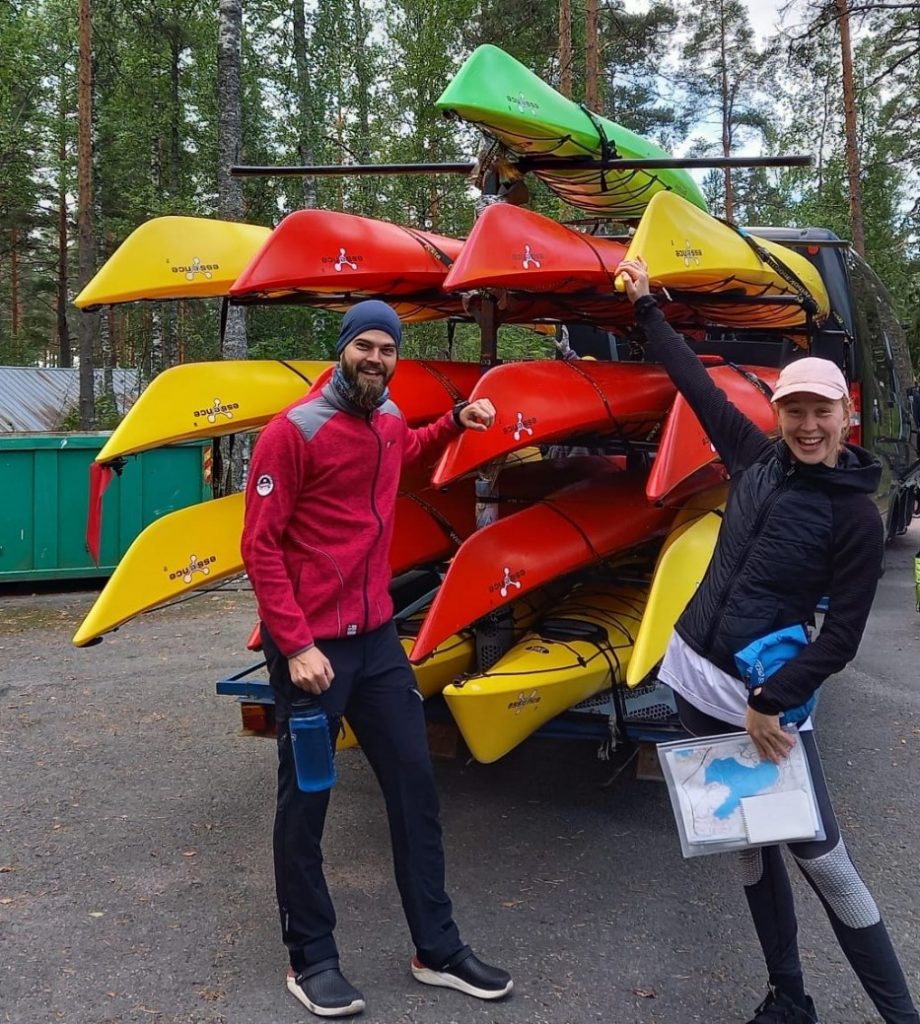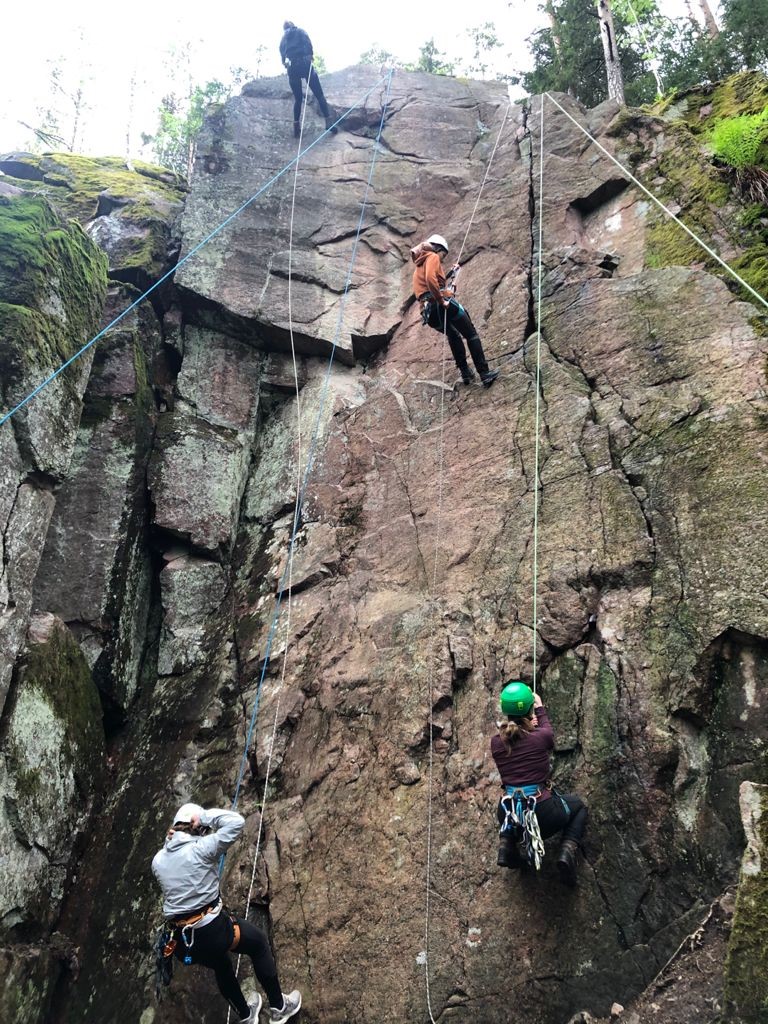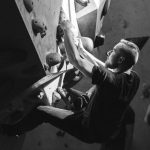
On the first year of our studies, we had an extremely interesting course about different theories and basic concepts of adventure education. In this blog post, we wanted to share what we have learned during this course about the career paths and possibilities of an adventure educator.
Elisa Juopperi & Laura Järvinen
What on Earth Does an Adventure Education Expert Do?
You can define adventure in many ways, but the most common thinking is that it is a new and exciting experience that you don’t know the result. Adventure can happen anywhere and anytime. If you dig a little deeper and think about the word adventure, you might notice that people don’t even think about the same things. It can be literally anything. You can make biking adventurous for people who haven’t tried it before, or you put challenges in the way. Go for a bike track for example or for a few nights biking trip. If you are used to fishing, try to do it in the winter when it’s -30 degrees and windy. I’m sure it is an adventure then!
Adventure education expert is an expert of creating new and exciting activities and experiences for other people. And because it is educational, people usually (hopefully) learn something new in the process. In adventure education, the basis is in experiential learning methodology. The aim is to support the learning process and growth of the individual. Adventure education includes participatory and activity-based methods, group activities, authentic nature environments, challenges, and uncertainty.

Competencies of an Outdoor Educator
What about the other side? Everything can be adventurous if you are creative enough, but what skills do adventure education experts need besides that? Well, they need various skills, such as safety skills, technical skills, communication, and soft skills among many other. You need to know how to plan an act safely. You need to notice safety hazards and all the things that might happen. Then, you can anticipate most of the things that might go wrong. As a community educator, you will work with people. You need to have good social skills and be able to communicate with people, so you do not freeze in situations. Good communication skills take you far. Even if you don’t have the solution right there in your hands, you know how to communicate, or calm people down for a moment. You make people feel safe and at ease. You create adventures where the participants do not need to fear or feel pressured.
Adventure education experts are professionals, who have leadership skills in their possession. You will need different kind of skills to manage in this career. But no worries. You will get those with time. Not everyone can be comfortable with leading for example, but with time, practice and repetition, you will be more comfortable with it. Professional outdoor educators also have environmental skills, it’s always nice when educators know something about the surroundings and for example recognize different species. People are usually interested in the nature, and you can share your knowledge to your group. It doesn’t matter whether you are an instructor in some specific activity or you work in a field of youth work or education, the adventure education happens usually outside in various learning environments where your knowledge comes handy.

Professional Field and Career Paths
So where does an adventure educator work? The professional field of an adventure educator is wide and there are countless job opportunities. You can work in formal or non-formal education, youth work, adventure therapy and with many other things. Adventure and outdoor therapists use the environment and different kind of activities to carry out therapeutic processes and the goal is to gain positive change in functional behaviour (Riihimäki & Lyytinen, 2020).
In youth work, adventure education is very effective as it enables different types of challenges that require participants to plan, make decisions, learn new skills, co-operate and get out of their comfort zones. In youth work, the aim is to strengthen the youth’s life and social skills and self-esteem, and also to help deal with emotions, failure, success and uncertainty. Adventure and outdoor education aims to have influence on the values and attitudes of young people. Adventure-based activities can be carried out in different contexts, it can be indoors or in an urban city environment, it doesn’t matter. It should be easily available for young people in a place, where their everyday life is.
As an adventure educator, you might also find yourself working in the field of formal or non-formal education. Formal education means early childhood education and care, and basic education. Non-formal education means non-governmental organizations. The benefit of adventure education is that it is so versatile and can be used in so many different ways. That is what makes it so interesting!
References:
“Bachelor of Adventure and Outdoor Education”, Humak. Retrieved 15.3.2021 https://www.humak.fi/en/bachelor-of-humanities-adventure-and-outdoor-education/
Riihimäki, Miia & Lyytinen, Pekka, 2020. “What is Adventure Therapy?”, Community Educators as Experts of Adventure Education. Educational material, not published.




